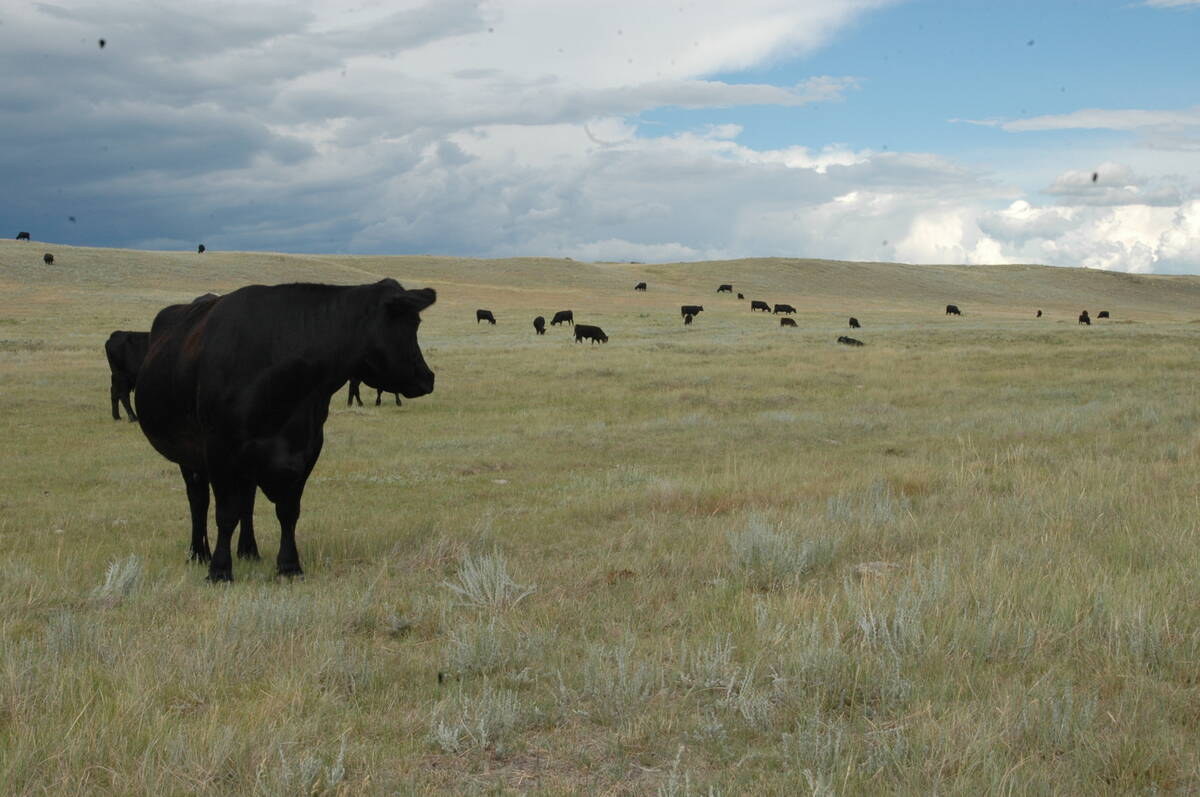CANCUN, Mexico – Chief Canadian agriculture negotiator Steve Verheul had barely finished outlining the agricultural text presented to World Trade Organization delegations the afternoon of Sept. 13, when lines of farm lobbyists formed behind microphones to sound off.
Agriculture minister Lyle Vanclief had signalled that the text gave Canada “significant difficulty” in some areas and there was not much more than a day left in the scheduled WTO meeting.
“In parts of this we have a real fight,” he told Canadian lobbyists, MPs and non-governmental organization representatives who on the fringes of the talks all week, were trying to make their points, make allies and influence the outcome.
Read Also

Saskatchewan Cattle Association struggles with lower marketings
This year’s change in the provincial checkoff has allowed the Saskatchewan Cattle Association to breathe a little easier when it comes to finances.
“Whether it is possible to reach agreement remains to be seen.”
Then the farm groups had the floor in the crammed and stifling Canadian briefing room at a hotel near the WTO conference centre. It was time for their large investment in the WTO Cancun meeting to pay off as they tried to steer Canadian negotiators in a direction that would help their interests.
With an estimated 50 Canadian agriculture and food lobbyists at Cancun, one of the largest country contingents that likely cost the Canadian farm lobby $200,000 or more in expenses alone, this was a time to get their money’s worth.
Defenders of supply management were outraged. They saw the proposed agriculture text as a recipe for disaster, requiring tariff cuts and increased access that would make it difficult for their agencies to survive.
“I don’t want to have to go back to my industries and say ‘your industry is going to be decimated,’ “said Canadian Federation of Agriculture president Bob Friesen.
Later Quebec farm leader Laurent Pellerin joined the assault. He said the text would not even help exporters because it would leave the level of subsidies in the United States and the European Union far higher than in other countries.
“As a farmer, I find it very difficult to accept that what puts me at risk and perhaps out of business is my government’s decision,” Pellerin said. “I have a lot of problem with that.”
On the other side were exporters represented by the Canadian Agri-food Trade Alliance. President Ted Menzies, an Alberta grain farmer, said the text with its proposals on subsidy cuts and market access was a step forward and the government should work with it.
Through it all, Canadian negotiators thanked them for their often angry or passionate speeches and asked for advice.
It was an extraordinary scene in the midst of tense and tiring negotiations. Canada’s negotiators sat for more than an hour while industry vented, threatened and occasionally offered advice.
It also has become a predictable part of trade meetings in recent years. Canada’s farm sector has decided it cannot afford not to be there to make its arguments, even if it costs the organizations thousands of dollars.
The Canadian government, with two briefings a day at trade meetings, has learned to accommodate them. Time consuming as it is for negotiators and ministers, the close ties keep lobbyists on the inside, aware of the tough choices governments face and forced to offer advice on acceptable compromises.
It is largely a development of the past decade.
During the 1986-94 round of world trade negotiations, the government delegation in Uruguay in 1986, Belgium in 1990 and Switzerland in 1993, typically was advised by a small group of invited and representative farmers. Only the supply managed industries sent extra delegations to be on hand, particularly when it became clear near the end of the talks that the protection they had enjoyed in the old trade agreements would be lost.
Their presence in Geneva helped strengthen the government resolve to win high tariff protections to replace quantitative import controls.
In Canada, the lesson was learned by export-oriented groups that did not send observers and who later felt their interests were not reflected in the 1994 trade agreement.
“We slept through the last one, I suppose,” said Menzies. “We realize that by being here when they need advice or when decisions have to be made gives us some influence we couldn’t have if we stayed at home.”
Canadian Sugar Institute president Sandra Marsden said: “We really can’t afford not to be here. My members think this is a good business investment to have me here.”














